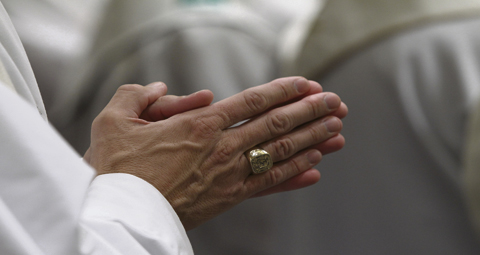BY Ian Dunn | February 10 2012 | ![]() 0 COMMENTS
0 COMMENTS ![]() print
print

English court rules against council prayers
Publication Date: 2012-02-10
The High Court in England and Wales has ruled that Bideford Town Council in Devon acted unlawfully by allowing prayers to be said before meetings. The National Secular Society (NSS) brought an action against Bideford Town Council after an atheist councillor, Mr Clive Bone, complained.
The NSS, said prayers had no place in ‘a secular environment concerned with civic business’, and breached articles 9 and 14 of the European Convention on Human Rights, which protect an individual’s right to freedom of conscience and not to face discrimination.
However, the case was not won using human rights law, but on a point of local government legislation. Mr Justice Ouseley ruled the prayers were not lawful under section 111 of the Local Government Act 1972. However, he added, prayers could be said as long as councillors were not formally summoned to attend.
“There is no specific power to say prayers or to have any period of quiet reflection as part of the business of the council,” he told the court. “The council has on two occasions by a majority voted to retain public prayers at its full meetings. But that does not give it power to do what it has no power to do.”
Justice Ouseley acknowledged the case raised issues of general public importance and gave the council permission to appeal.
Bishop Michael Langrish of Exeter, said the ruling was baffling.
“I think it’s a great pity that a tiny minority are seeking to ban the majority,” he said. “Many of whom find prayers very, very helpful, from continuing with a process in which no-one actually has to participate.”
He added that he plans to encourage town councils in his area to continue holding prayers before the start of their statutory business.
The judgement is being seen as a test case, which could affect local councils across England and Wales.










